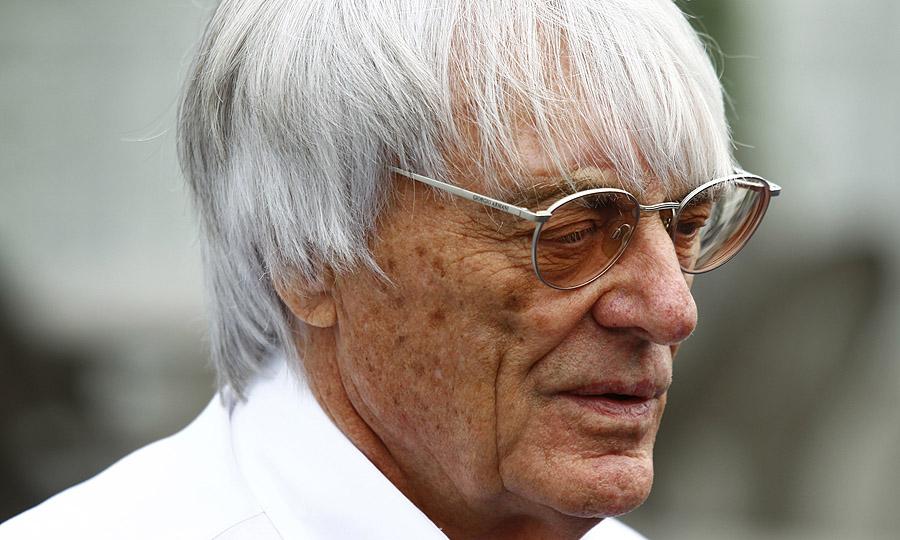F1 flotation boosted by $billions guarantee
 |
| Bernie doing another one of his infamous deals |
Mr. Ecclestone’s plans stepped up a gear last week when a presentation about the financial performance and prospects for the business was given to a packed room of analysts at The Savoy hotel in London.
The meeting was led by Mr. Ecclestone and bosses from the F1 Group’s majority shareholder, the private equity firm CVC, whose headquarters are next door to the hotel. The prospectus will lead to a listing on the Singapore stock exchange.
Goldman Sachs, Morgan Stanley and UBS are the lead bookrunners for the IPO. Research analysts from the banks heard at the presentation that once the prospectus is lodged, the board of F1’s holding company, Delta Topco, will be asked to approve the flotation. It will value the F1 Group at around $10bn and up to 30pc of it will be listed, with CVC remaining the majority owner.
It is believed that the bulk of the issue will come from the estate of Lehman Brothers, which owns 15.3pc of Delta Topco and has agreed to cash it in by 2014.
The creditors of the bankrupt bank are set to make around $1.5bn from the F1 IPO. The business is likely to accelerate in value. The presentation revealed that $7.1bn of revenue is already committed to the F1 Group largely thanks to the long duration of race agreements. Analysts at the meeting said few other media businesses had such visibility.
Research by F1’s industry monitor, Formula Money, shows that the longest contract is for the British Grand Prix, which will generate an estimated $452m for the F1 Group by the time it ends in 2026. Grand Prix contracts provide $4.7bn of its guaranteed revenue and, in contrast, only $1.4bn is committed from television contracts. This is because the contracts were restricted in 2001 to five years after a competition inquiry by the European Commission.
The data show that over each of the next 15 years the F1 Group will receive on average $473.3m of revenue.
The prospectus reveals that F1’s single biggest cost – prize money – is increasing. It currently comes to around 50pc of the group’s earnings before interest, taxes, depreciation and amortization (Ebitda). It also gives a fee to the Ferrari team due to its historical status.
Prize-money payments are set out in F1’s Concorde Agreement, which expires at the end of this year. The new contract will run from 2013 until the end of 2020 and gives extra payments to any team which has competed since 2000 without changing its name, with further fees to past championship winners and back-to-back champions.
In 2010, the most recent year for which data are publicly available, the F1 Group’s Ebitda came to $538m on revenues of $1.6bn. However, ratings agency Standard & Poor’s expects that the increased team payments will reduce Ebitda by five percentage points to 27pc from 2013.
Its bottom line is also likely to be squeezed by accelerating interest payments on debt from the Royal Bank of Scotland and Lehman Brothers, which CVC used to acquire F1 in 2006. Interest payments came to $59.2m in 2010 and at the end of the year the business still had $2bn outstanding, which was due by 2014.
This month CVC secured a new $2.3bn loan, due by 2018, to refinance the previous debt and make a one-off cash payment of $1.1bn to Delta Topco. This may be paid as a dividend, giving F1’s shareholders a further boost before the IPO. The Guardian
